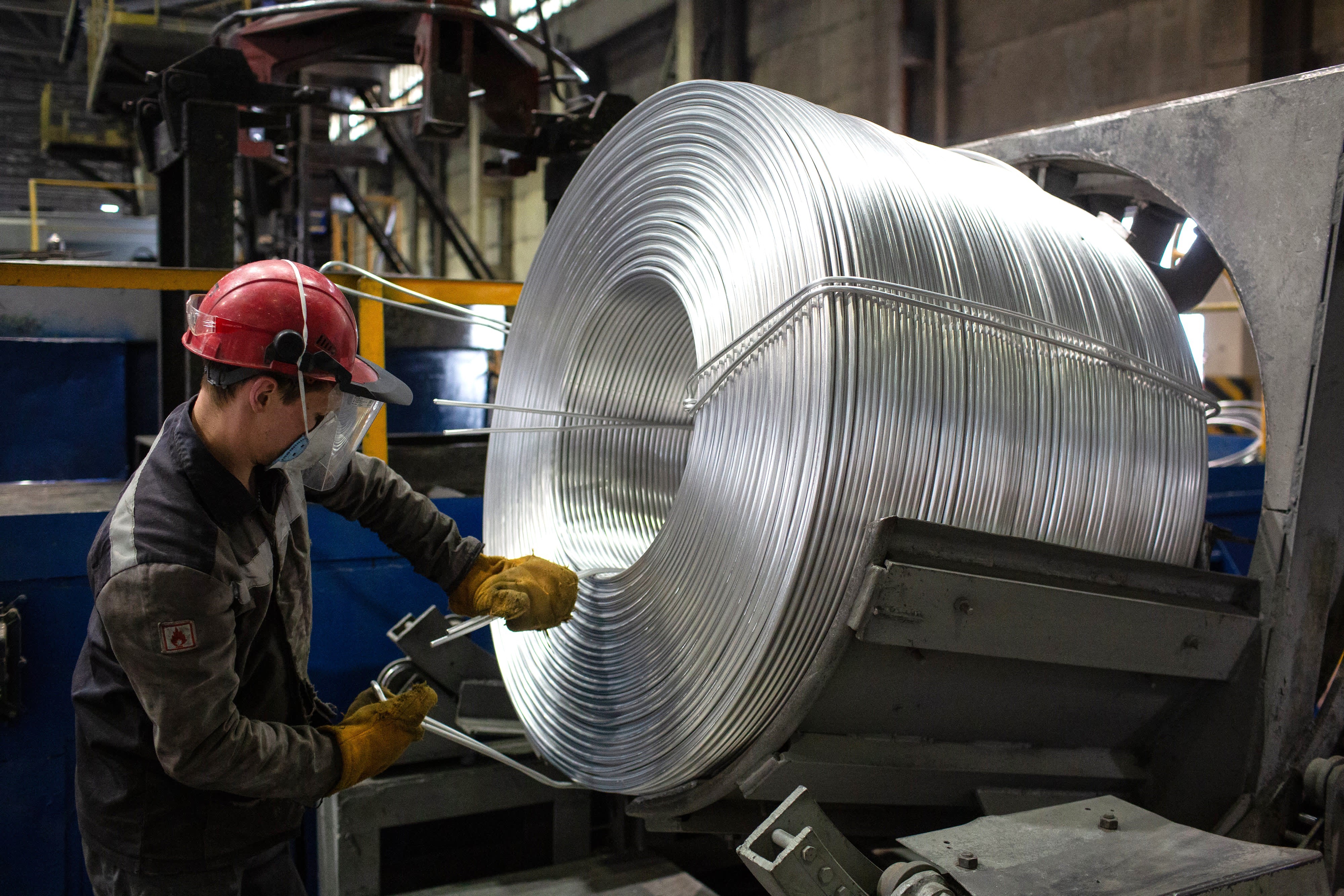

As the European Commission concludes its 12th sanctions package against Russia in response to the Ukraine-Russia geopolitical crisis this month, various options are under consideration, ranging from mildly impactful to potentially significant. Of particular concern is the possibility that specific measures within the more substantial category affect European importers and consumers rather than Russian exporters and producers and could also threaten the EU's green agenda, a key policy initiative.

According to information from market insiders, European Union (EU) countries are reportedly contemplating imposing new sanctions on Russia. These potential measures include restrictions on Russian military and information technology and a proposed ban on importing Russian aluminium products such as wire rods, foil, and extrusions (pipes).
While the official approval of these sanctions is pending, and there is dissent among EU member countries, the mere consideration of such measures marks a departure from previous approaches since the EU began imposing economic sanctions on Russia in February 2022. Critics argue that this move suggests a need for more innovative strategies and a potential misunderstanding that certain restrictions could impact EU consumers as significantly as, or even more than, Russian exporters.
Aluminium wire rod serves as a prime example due to their extensive utilisation across various industries, with their primary application being in cable manufacturing. This makes it indispensable for the execution of renewable projects, particularly in producing cables used to connect to the energy system, thereby playing a crucial role in reducing the carbon footprint of European businesses. As of 2022, Russia continues to be the largest supplier of aluminium wire rods to the EU. The country accounted for over a third of the EU's aluminium wire rod imports, totalling nearly 71,000 tonnes. Among the major importers are Poland, Spain, and Italy.
If the EU manages to implement an import ban on aluminium wire rods from Russia, it could result in a substantial increase in prices throughout the industry. This, in turn, may exacerbate the competitiveness decline among European producers compared to their counterparts in Asia, the Middle East, and other global regions.
This questionable decision stands to benefit producers in India and the Middle East, providing them with a unique opportunity to command a substantial premium for their products. Due to EU producers' elevated processing costs, they will likely need more time to meet the demand vacuum.
It's crucial to highlight that the aluminium wire rod produced in Russia is among the most environmentally friendly globally, especially compared to counterparts outside the Western sphere. According to Harbor Aluminium, a Russian-origin wire rod boasts a carbon footprint 30 to 70 per cent lower than other non-European sources. In light of the European Green Deal, the ongoing "green transition," and the increasingly stringent ecological standards it mandates, excluding Russian aluminium products from the market could inadvertently result in the EU raising, rather than reducing, the carbon footprint across the entire value chain.



Responses






